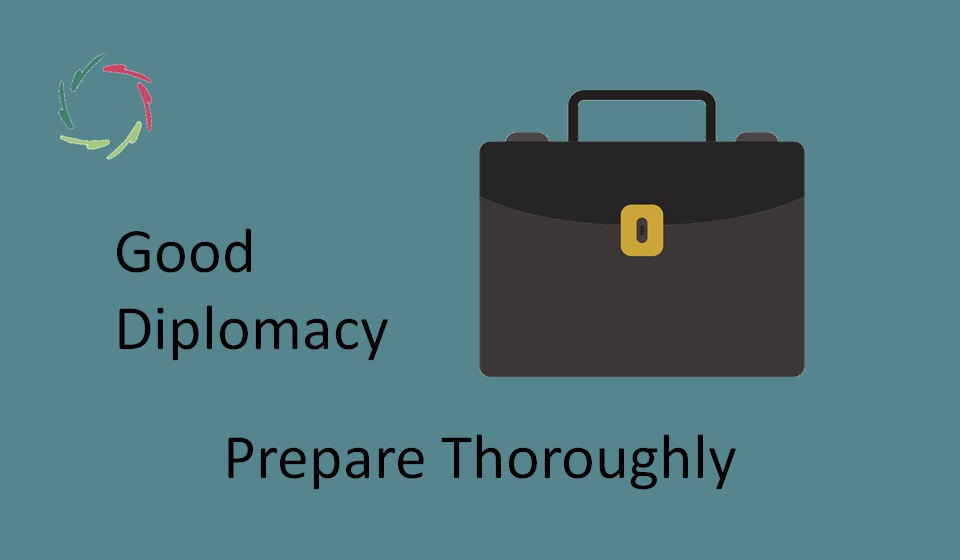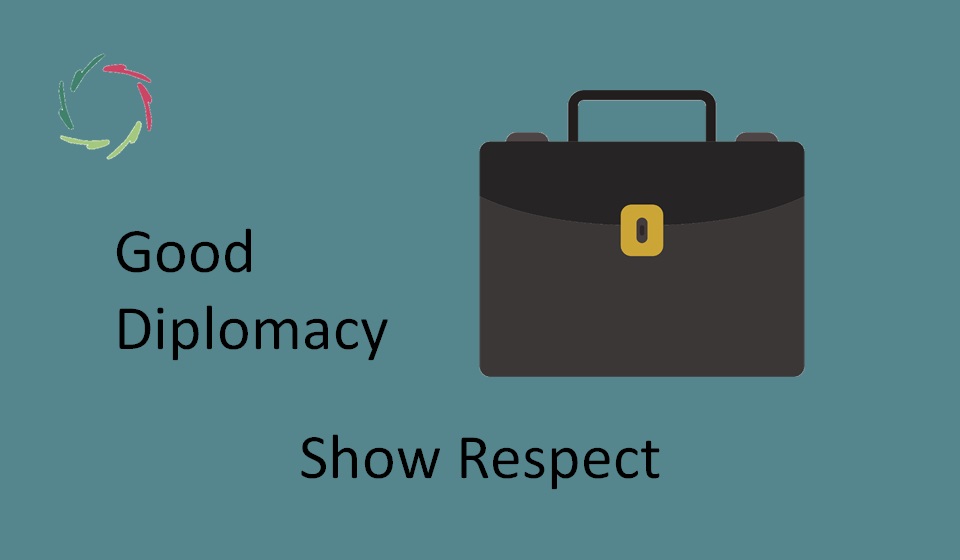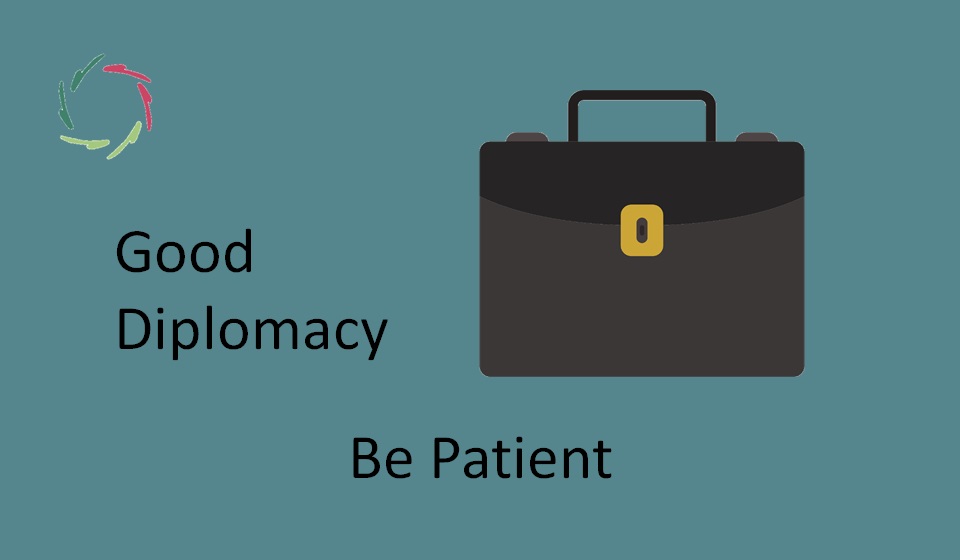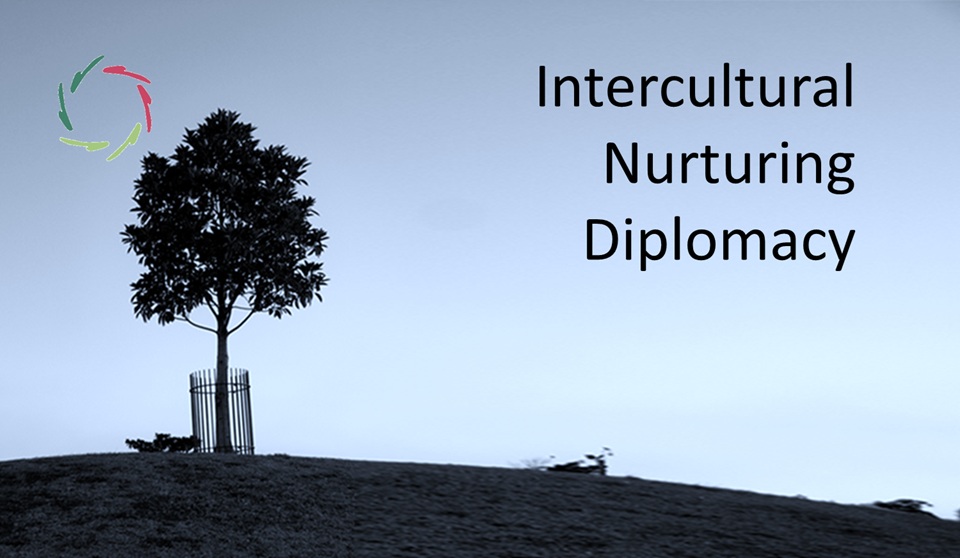Prepare Thoroughly: Know the Facts, Understand the Context, and Anticipate Possible Objections

By preparing thoroughly, diplomats and negotiators can approach discussions with confidence and authority.
Thorough preparation is a cornerstone of successful diplomacy. Knowing the facts, understanding the context, and anticipating possible objections ensure that you can address issues confidently and knowledgeably.
―
BEFORE TAKING THIS IN, PLEASE FIRST READ ‘TEN TIPS FOR GOOD DIPLOMACY’!
This is the eighth tip of the series.
―
Key Aspects
Conduct Comprehensive Research
- Use reliable sources to gather detailed information about the issue.
- Example: “Research economic reports, historical documents, and policy papers related to the negotiation topic.”
Create a Contextual Overview
- Summarize the historical, cultural, and political context of the issue.
- Example: “Prepare a brief overview of the conflict’s history and key events leading up to the current situation.”
List Possible Objections and Responses
- Identify potential objections and prepare well-reasoned responses.
- Example: “List the main objections to your proposal and draft clear, evidence-based counterarguments.”
Prepare Visual Aids and Documents
- Gather and organize supporting materials, such as charts, graphs, and documents.
- Example: “Prepare a presentation with visual aids that illustrate key points and data.”
Rehearse with a Peer or Mentor
- Practice your presentation and responses with a trusted colleague or mentor.
- Example: “Conduct a mock negotiation with a colleague to practice your arguments and receive constructive feedback.”
Research the Facts
- Gather all relevant information and data.
- Verify the accuracy of your sources.
Understand the Context
- Study the historical, cultural, and political background of the issue.
- Understand the interests and positions of all parties involved.
Anticipate Objections
- Think about potential objections or counterarguments the other party might raise.
- Prepare responses to these objections in advance.
Formulate Clear Objectives
- Define your goals and objectives for the discussion or negotiation.
- Ensure these objectives are clear and achievable.
Examples
Trade Negotiations: Before entering trade negotiations, a thorough preparation might involve
- “Researching the economic statistics and trade policies of the other country. Understanding their key exports and imports, and identifying areas of mutual benefit. Preparing data that supports your trade proposals and anticipating objections related to tariff reductions.”
Conflict Resolution: In conflict resolution, thorough preparation could include
- “Studying the history of the conflict, understanding the grievances of both sides, and identifying previous attempts at resolution. Preparing a list of potential compromises and anticipating objections to each compromise. Gathering testimonials and evidence that support peaceful resolution.”
Environmental Agreements: For environmental negotiations, thorough preparation might involve
- “Gathering scientific data on environmental impacts, understanding the regulatory frameworks of all parties involved, and identifying common environmental goals. Preparing case studies of successful environmental initiatives and anticipating objections related to economic impacts.”


